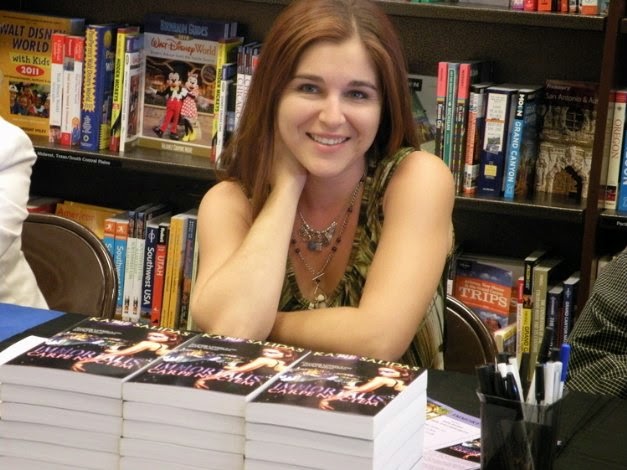Not really sure of the answer myself, but after a
conversation with another indie author, it is definitely a topic of concern.
It used to be quite commonplace for readers to patiently
wait up to a year for their favorite authors next release. And I believe
largely with the Traditional set, that is still the norm. But for Indies, it’s
a game of grab their attention and hold on to it for dear life. That
necessitates a quick to market release for most books. Even ones that are not
series based. Always have something new to give your audience. It’s one of the
reasons the Serial Novel is in vogue at the moment.
But, this is not new news. We’ve discussed before the need
to get to market quickly with books. With thousands being published daily,
readers are overwhelmed by choices and even popular authors have a hard time
staying in the forefront of their minds.
The concern today is, are we sacrificing speed for quality?
Can we have both? How?
It’s my belief that as we continue to write, we improve.
Practice makes perfect is the old adage we grew up with, and it holds water. I
can say without hesitation that in the last five years of publishing, my books
increase in quality as I learn new tips and tricks to bring them to market. In
the last ten years of serious writing, my stories themselves have deepened and characters
grown. So that in itself says that quality can be achieved through experience.
Now, as for speed. That’s the hard part. Yes, writing sprints
can help you belt out a first draft in record time, but even the most qualified
of writers will still have layers of revisions to do. And I believe every book should
go through a beta/proof reading process before final revisions and editing. So,
the speed part might be out of the writer’s hands to some extent.
So if speed is a variable we have to consider, but quality
is still key (as it should be), then what is the right amount of time to give
each novel (or novella) from concept to publishing to fit with the “have to
keep readers happy or fade into oblivion” marketplace?
I honestly don’t know the answer. But, for me, and a few
other’s I’ve talked to, the ideal time frame for new materials is between
3-6months. Averaging about 3-4 new books (Novels or Novellas) per year.
But, I’d love to hear your thoughts. Leave a comment below.
If you are a reader, how long is too long between books. If you’re an author,
what’s your average timeframe for new releases?












